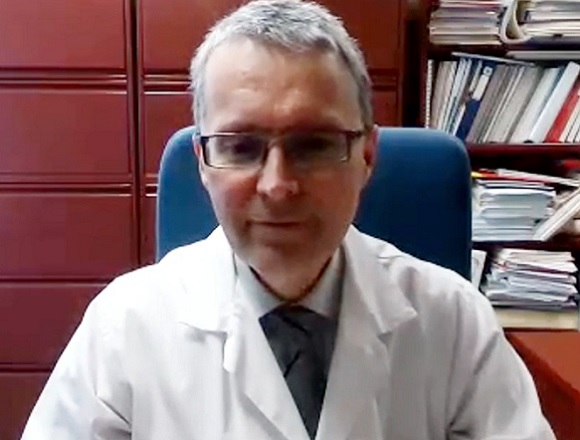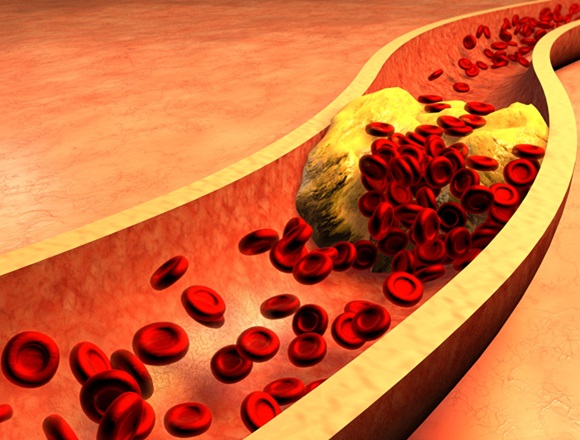References
Harrison SA, Bedossa P, Guy CD, et al. A Phase 3, Randomized, Controlled Trial of Resmetirom in NASH with Liver Fibrosis. N Engl J Med. 2024;390(6):497-509. doi:10.1056/NEJMoa2309000Background: Metabolic dysfunction–associated steatotic liver disease (MASLD), also referred to as nonalcoholic steatohepatitis (NASH), is a common progressive liver disease. Resmetirom is a liver-targeted thyroid hormone receptor-beta selective agonist developed for the treatment of MASLD with liver fibrosis.
Methods: This is an ongoing randomized, placebo-controlled trial involving adults diagnosed with NASH through biopsy and presenting with fibrosis stages F1B, F2, or F3 (with the stages ranging from F0 [no fibrosis] to F4 [cirrhosis]). Patients were allocated to receive resmetirom dosed 80 mg or 100 mg daily or placebo. The trial’s primary end points at week 52 were NASH resolution (including reduction in the nonalcoholic fatty liver disease [NAFLD] activity score by ≥2 points; with the scores ranging from 0 to 8 and higher scores indicating more severe disease) without worsening fibrosis, and improvement (reduction) in fibrosis by ≥1 stage without reduction of the NAFLD activity score.
Results: There were 966 patients (mean age, 56.6 years; mean body mass index [BMI], 35.7 kg/m2) assessed, of whom 322 were allocated to the 80-mg resmetirom group; 323 to the 100-mg resmetirom group; and 321 to the placebo group. NASH resolution without worsening of fibrosis was reported in 25.9% of those in the 80-mg resmetirom group and 29.9% of those in the 100-mg resmetirom group versus 9.7% in patients receiving placebo (P < .001 for both comparisons with placebo). Fibrosis improvement by ≥1 stage without worsening of the NAFLD activity score occurred in 24.2% of patients in the 80-mg resmetirom group and 25.9% in the 100-mg resmetirom group versus 14.2% in the placebo group (P < .001 for both comparisons with placebo). The change in low-density lipoprotein cholesterol levels from baseline to week 24 was -13.6% in the 80-mg resmetirom group and -16.3% in the 100-mg resmetirom group, as compared with 0.1% in the placebo group (P < .001 for both comparisons with placebo). The study showed a higher occurrence of diarrhea and nausea in the resmetirom group compared with placebo. However, the incidence of serious adverse events was similar for all trial groups: 10.9% in the 80-mg resmetirom group, 12.7% in the 100-mg resmetirom group, and 11.5% in the placebo group.
Conclusions: Both the 80-mg and the 100-mg doses of resmetirom were superior to placebo with respect to NASH resolution and improvement in liver fibrosis by ≥1 stage.
McMaster editors’ commentary: MASLD is a common cause of cryptogenic cirrhosis, especially among those with insulin resistance (obesity, type 2 diabetes), and can be asymptomatic. Resmetirom is the first drug approved for clinical use to treat this disease. It appears to reduce liver fibrosis and, in turn, may reduce cirrhosis-related sequelae. As this trial is ongoing, sustained benefits and potential adverse effects from long-term (>1 year) use of resmetirom are uncertain.
 English
English
 Español
Español
 українська
українська










